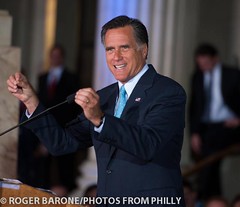The world would be a worse place if Iran constructs a nuclear weapon. But engaging it on broader Middle East issues might make it rethink.

Western diplomats described last month’s talks between the P5+1 and Iran in Istanbul as “constructive” and “useful.” But the adjectives, although only guardedly positive, are certainly an improvement on the terms officials have used to describe previous Iranian diplomacy.
Since May 2010, when the P5+1 rightly rejected a proposed fuel swap deal agreed between Turkey, Brazil and Iran (also in Istanbul), diplomacy has stalled. Throughout the latter part of 2010 and into 2011, Iran continued to enrich and stockpile uranium, and the only real developments in the nuclear standoff seemed to be a heightening of rhetoric – and violence. Assassinations of Iranian scientists (many claim by Israel’s security service Mossad) were met with attacks on Israeli targets in India, while EU moves to sanction Iran’s oil brought corresponding Iranian threats to close the Strait of Hormuz, through which 20 percent of the world’s oil passes.
Read some more: http://the-diplomat.com/2012/05/11/to-stop-iran-nukes-give-it-a-stake/?utm_source=The+Diplomat+List&utm_campaign=3f17d1b18c-Diplomat_Brief_2011_vol43&utm_medium=email
Since May 2010, when the P5+1 rightly rejected a proposed fuel swap deal agreed between Turkey, Brazil and Iran (also in Istanbul), diplomacy has stalled. Throughout the latter part of 2010 and into 2011, Iran continued to enrich and stockpile uranium, and the only real developments in the nuclear standoff seemed to be a heightening of rhetoric – and violence. Assassinations of Iranian scientists (many claim by Israel’s security service Mossad) were met with attacks on Israeli targets in India, while EU moves to sanction Iran’s oil brought corresponding Iranian threats to close the Strait of Hormuz, through which 20 percent of the world’s oil passes.
Read some more: http://the-diplomat.com/2012/05/11/to-stop-iran-nukes-give-it-a-stake/?utm_source=The+Diplomat+List&utm_campaign=3f17d1b18c-Diplomat_Brief_2011_vol43&utm_medium=email







